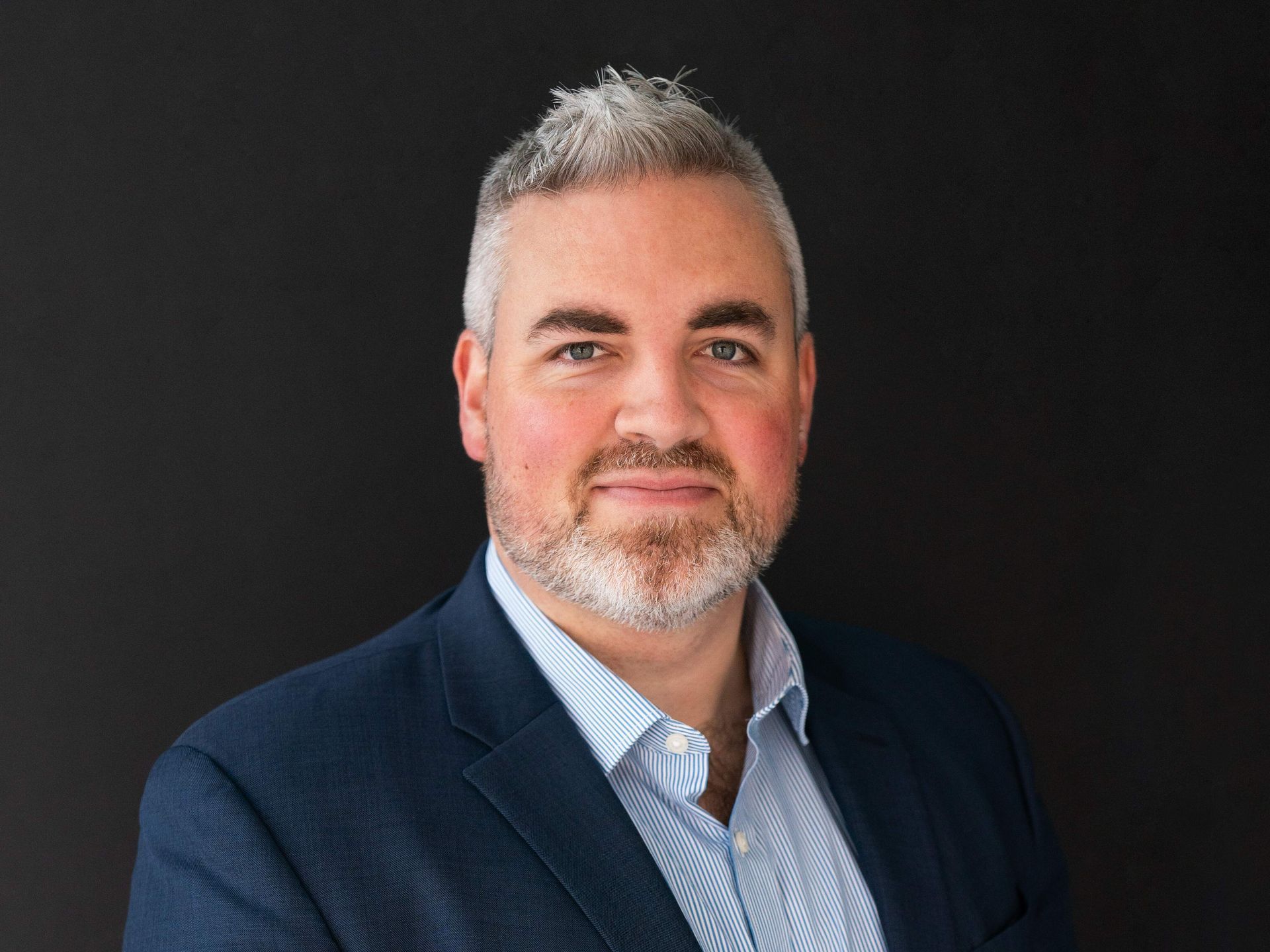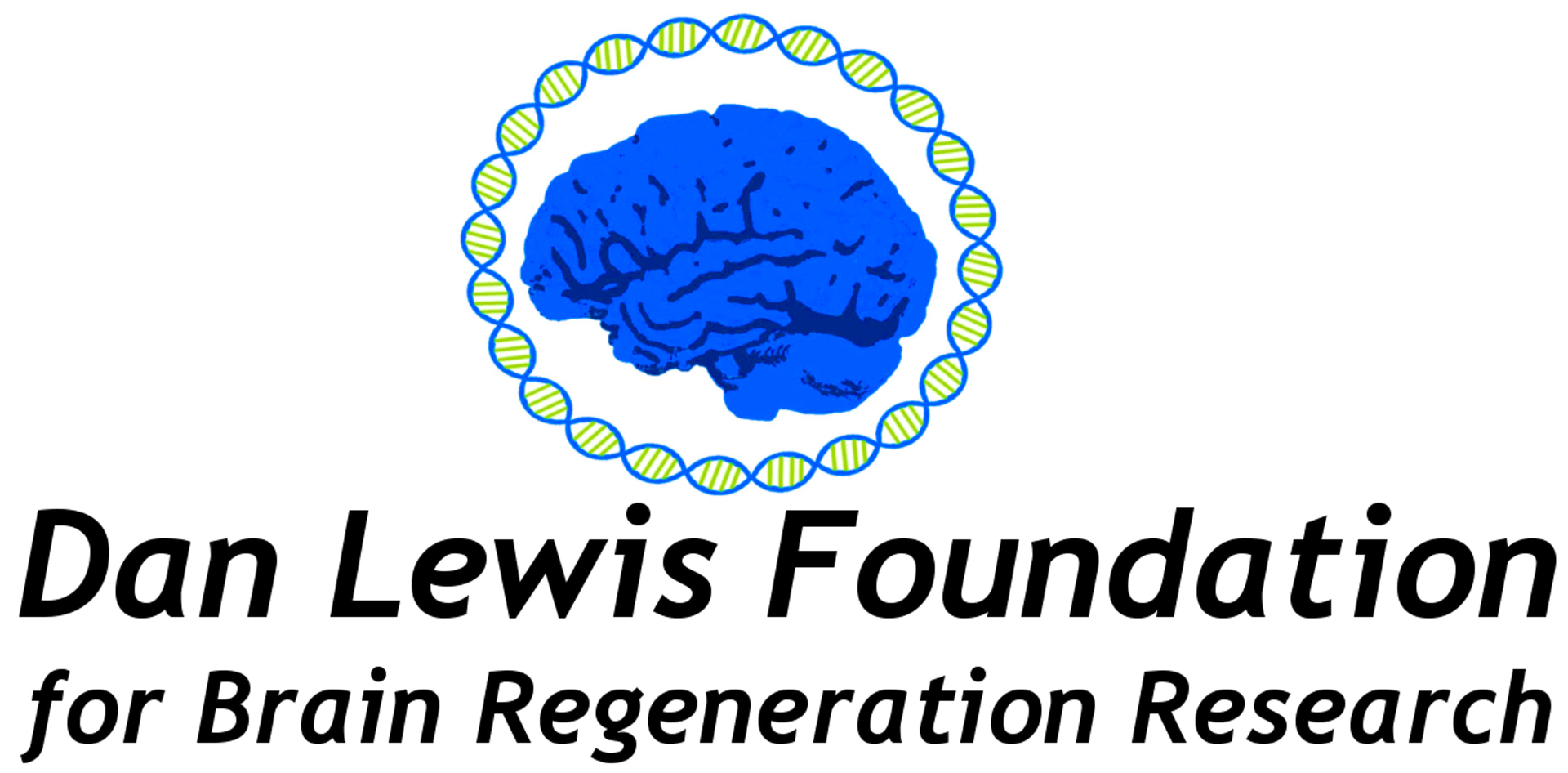Science Advisory Board Spotlight

Stephen Mark Strittmatter, MD, PhD , earned his undergraduate degree from Harvard, and completed doctoral training at Johns Hopkins. His medical internship and neurology residency were at Massachusetts General Hospital. He joined the Yale faculty in 1993, and is now Chair and Professor of Neuroscience and Vincent Coates Professor of Neurology. He is Director of the Kavli Institute for Neuroscience at Yale, the Yale Cellular Neuroscience, Neurodegeneration and Repair Program, the Yale Alzheimer Disease Research Center and the Yale Memory Disorders Clinic. His work on developmental axonal guidance led to his discovery of a Nogo Receptor pathway critical for axonal re-growth after injury. He showed that glia-derived inhibitors bind this receptor, activate RhoA and prevent neural repair. He developed a soluble Nogo Receptor decoy protein that blocks the endogenous ligand-receptor interaction, promoting recovery from spinal cord injury and stroke. This therapeutic protein is now in clinical trials for patients with chronic spinal cord injury. Strittmatter has also translated discoveries in neurodegeneration to clinical approaches. Using innovative screens, he identified the roles of Prion Protein and metabotropic glutamate receptor 5 (mGluR5) as Aß oligomer receptors. He linked activation of these receptors to a pair of synaptic tyrosine kinases, the Tau-interacting Fyn and the AD risk gene PTK2B. Critically, this pathway contributes to synapse loss and memory deficits in preclinical models. He subsequently identified a Fyn inhibitor which was tested in an AD clinical trial. Strittmatter has developed additional methods for targeting this pathway with robust preclinical efficacy. One approach uses novel mGluR5 silent allosteric modulators, which are now in clinical trials. An author of over 280 original reports, Dr. Strittmatter has been recognized by the King Faisal International Prize in Medicine, Ameritec Award for Spinal Injury Research, McKnight Brain and Memory Disorders Award, Alzheimer Association Zenith Fellow Award, Senator Jacob Javits Award in the Neurosciences, and an NINDS Outstanding Investigator Award.

Graham Dempsey, Ph.D., is a founder and Chief Scientific Officer (CSO) at Quiver Bioscience, a Cambridge, Massachusetts-based biotechnology company focused on the development of medicines for disorders of the nervous system. Dr. Dempsey and his team are working to develop treatments for some of the most challenging unsolved medical issues patients and their families face. Using advanced technologies in human stem cell biology, optogenetics, machine learning, and drug screening, progress is being made to develop medicines that will one-day treat conditions that have been largely untreatable. As the lead scientist for Quiver, formerly Q-State Biosciences, Dr. Dempsey enjoys working with world-class teams to invent, develop, and apply cutting-edge technologies to solve the most difficult challenges in biopharma for the betterment of patients. Dr. Dempsey’s inspiration to dedicate his professional life to science and medicine started at the early age of seven with the tragic loss of his father to an aggressive form of cancer, an experience that has deeply motivated him to this day. He completed his undergraduate studies at the University of Pennsylvania and his doctorate at Harvard University. As a graduate student in the biophysics program at Harvard Medical School, he co-developed ‘Stochastic Optical Reconstruction Microscopy’ or STORM , a light microscope with the ability to resolve nanometer (billionth of a meter, e.g. a hair is 100,000 nanometers thick) scale details of biological materials, an achievement that had been thought to be impossible for over a century. STORM has enabled what researchers call ‘super-resolution imaging’ for visualizing the intricate details of life’s most fundamental unit, the cell. Understanding the inner workings of a cell provides a path to a deeper understanding of the ways in which life is constructed and diseases can manifest. The technology was commercialized by Nikon Instruments for researchers worldwide. Dr. Dempsey left academic science to join Q-State Biosciences as the first hired employee with the goal of bringing advanced technologies developed at Harvard to the study of the brain. The brain, arguably the most complex structure in the known universe, works through electrical communication between brain cells or neurons. This communication is disrupted in all brain disorders but has been near impossible to study for the purposes of effectively developing medicines. Dr. Dempsey and his team over the course of ten years built a technology system that creates human brain models from patient stem cells (i.e. a ‘disease-in-a-dish’) and converts electrical activity of those brain cells into light signals that can be detected with ultra-sensitive microscopes. The resulting signals are analyzed using machine learning to find the patterns of how electrical activity is altered in disease, which can be used to find medicines that correct those changes. The team at Quiver is deploying this technology to take on previously untreatable brain conditions, including rare genetic diseases, such as certain seizure and neurodevelopmental disorders, to common conditions, such as chronic pain and Alzheimer’s disease. Dr. Dempsey’s passion outside of science starts with his family, his wife (and high school sweetheart) and three young daughters, be it traveling the globe to experience new cultures (or simply stare at the ocean), cooking elaborate meals on a Saturday evening, night-time reading of novels to his daughters, or attending live music around Boston. As a native of NJ, he celebrates his roots with visits to family near the Jersey Shore and, whenever possible, attendance at Springsteen concerts and Giants games. Dr. Dempsey is an avid student of history’s great entrepreneurs, spending the sparse remaining minutes of the day reading biographies and listening to podcasts, looking to extract every bit of learning towards taking on the challenges of building a great business while staying true to his family, his Quiver teammates, and his professional mission.

David Margulies, M.D. founded, co-founded, and participated as a director and senior executive of a number of companies in the clinical computing, molecular diagnostics, and biotechnology fields. The central theme of his work over 4 decades has been ‘precision medicine’, creating systems which provide the medical knowledge, clinical data, genomic insights, and personalized treatments to physicians and their patients.

Michael C. Crair, Ph.D., serves on the Science Advisory Board for the Dan Lewis Foundation and on its Board of Directors. Dr. Crair has been instrumental in developing the research agenda the Dan Lewis Foundation has established. He recently worked with members of the Science Advisory Board to select the first winner of the Dan Lewis Foundation Award, an award selecting a post-doctoral neuroscientist working in the field of brain regeneration.

